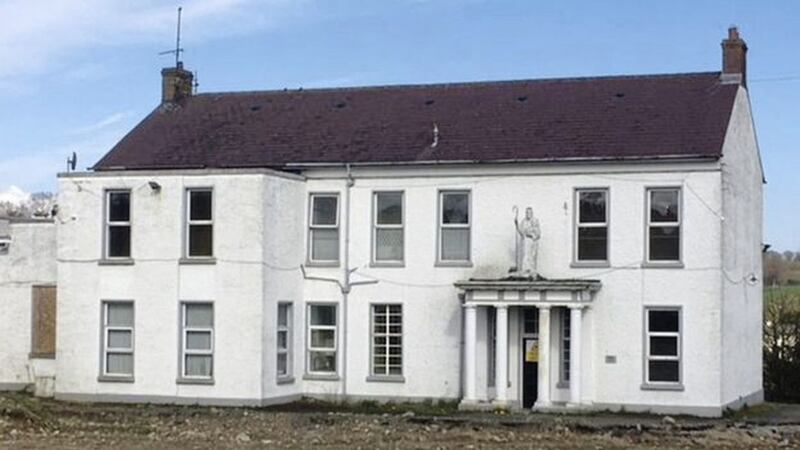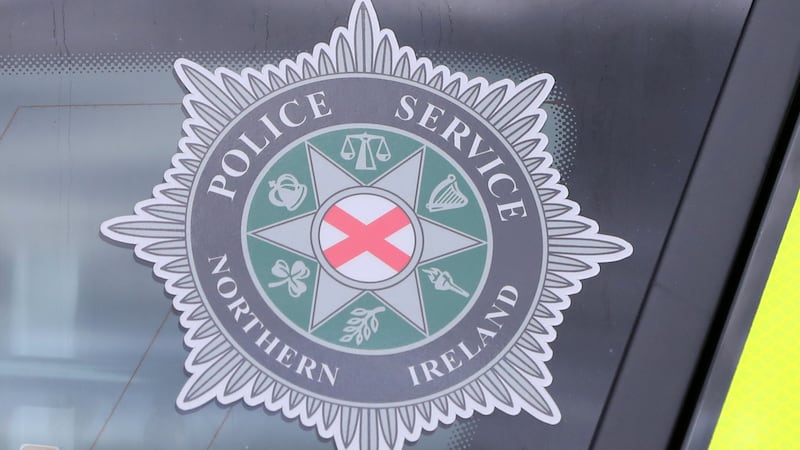MORE than 10,000 women and children, including rape and incest victims and a girl as young as 12, were sent to mother and baby homes in Northern Ireland, a long-awaited report has found.
Research by academics highlighted "a culture of stigma, shame and secrecy attached to unmarried mothers" between 1922 and 1990.
The report raised serious concerns about death rates among babies linked to the homes and found that some women felt pressurised into giving up their children.
But it said more research was needed into infant deaths and adoption.
Although researchers were not asked to look at separate baby homes, where around a third of babies from mother and baby homes were sent, they highlighted "alarming" mortality rates in one home - St Joseph's in Belfast - where death rates were as high as 50 per cent in the 1920s.
Read More:
- Mother and baby homes: Archbishop Eamon Martin asks for forgiveness
- Allison Morris: Time for truth and justice for mother and baby home survivors
- Mother and baby survivor fears report just the tip of the iceberg
The Executive yesterday ordered a "victim-centred" independent investigation to be set up following a six-month consultation with survivors.
But campaigners said the report "raises more questions than answers" and reiterated calls for a full statutory inquiry into the homes.
First Minister Arlene Foster yesterday said the voices of survivors would be heard "loudly and clearly".
"It is with huge regret that we acknowledge the pain of those experiences and the hurt caused to women and girls who did nothing more than be pregnant outside of marriage, some of them criminally against their will," she said.
Deputy First Minister Michelle O'Neill said the report gave a "sad and troubling" insight into the suffering of thousands of women and their children.
"They were failed on every level and we cannot allow them to be failed any longer," she said.
The report looked at 14 institutions, including mother and baby homes linked to the Catholic and Protestant churches, Magdalene laundries, a Salvation army home, and homes run by health and social services and charities.
Figures from mother and baby homes suggested 4 per cent of babies were either stillborn or died shortly after birth, although the actual figures are likely to be much higher once baby homes are taken into account.
It comes after a report into mother and baby homes in the Republic, published earlier this month, found that 9,000 children died in homes in the state.
Yesterday's report - by researchers from Queen's University Belfast and Ulster University - found that a "considerable" number of babies, mostly from Catholic-run homes, were moved across the border, although researchers could not quantify exactly how many were adopted by couples in the Republic, Britain and America.
Around a third of babies were sent to institutions, 15 per cent were fostered and just under a quarter were adopted, although adoption figures could be much higher.
Many women told researchers they were pressured to give up their children and have suffered long-term mental health problems as a result.
Most women were sent to the homes due to pressure from their families. Religious groups, the clergy, doctors and state welfare agencies were heavily involved in referring thousands of women.
Around 2,800 women were sent to three Good Shepherd-run Magdalene laundries in Belfast, Derry and Newry, including a "significant" number aged under 18.
They included women transferred from mother and baby homes after they gave birth, women sent by the courts as an alternative to jail, those deemed to have learning disabilities, and in some cases women who had "associated with British soldiers" during the Troubles.
Most of the homes were in Belfast, apart from some notable exceptions including Marianvale mother and baby home in Newry and St Mary's home in Derry, run by the Good Shepherd Sisters.
The report found that:
- At least 10,500 women were sent to homes between 1922 and 1990, although the figure is likely to be much higher because records were not complete for all the institutions.
- Many thousands of unmarried women also gave birth in workhouses between 1922 and 1948 but these records could not be explored in-depth "given the research timescale".
- Some of the women had been the victims of rape or incest, although the crimes were not always reported. Some victims were sent to work in a Magdalene laundry after they gave birth.
- Around a third of those admitted were aged under 19 and most were aged between 20 and 29.
- Women in the homes reported having to clean, polish floors and launder clothes late into their pregnancies.
- Some women said staff were "unsympathetic and sometimes cruel". They said they had to give birth alone in hospital, with no visitors, and felt they were "judged morally" by medical staff.
- Several women, particularly younger mothers, described "predatory sexual behaviour" in either the homes or in a maternity hospital.
Solicitor Claire McKeegan, of Phoenix Law, representing Birth Mothers and their Children for Justice NI, said: "In our view the research report points to more questions than answers and really underscores the need for a full statutory inquiry into what happened."
Ms McKeegan also raised concerns that the consultation process would cause a further delay for survivors seeking justice.
"Survivors wanted an announcement today for a full statutory inquiry," she said.
Retired senior police officer Judith Gillespie, who led the independent working group into the homes, said a public inquiry was not off the table.
"It is so important that that investigation or inquiry is actually co-designed with survivors, that they have agency in this process," she said.
"This is a group of people that have had power and choices taken away from them for so long and now we are giving the choice back."
In a statement last night the Sisters of Our Lady of Charity of the Good Shepherd said the report “reflects a time in our history when women did not receive the support they needed and deserved from family, society or the state”. It said it provided services for women “when no other option seemed to be available to them” and that many former residents have appreciated the support they received.
It added: “This was not a good experience for everyone and we wish that we could have done more for the women in our care at such a critical time in their lives. We deeply regret that we could not and did not always meet the multi-faceted needs of these women.”







